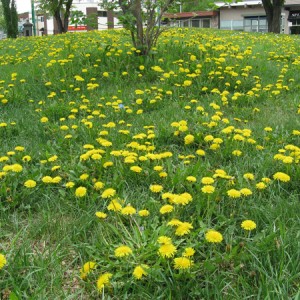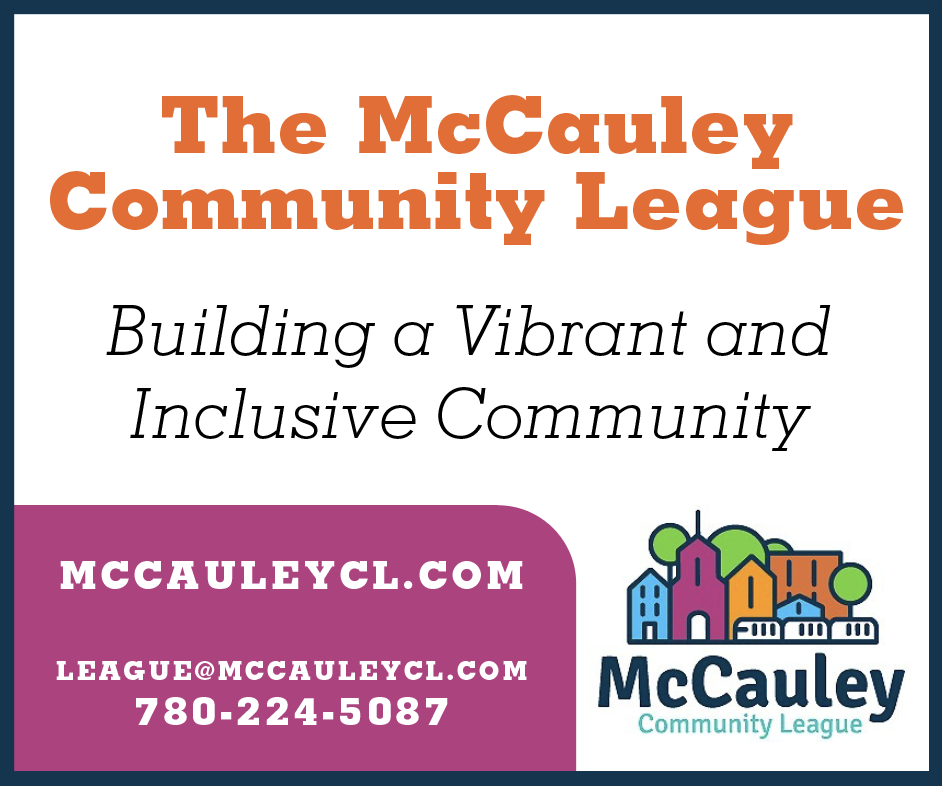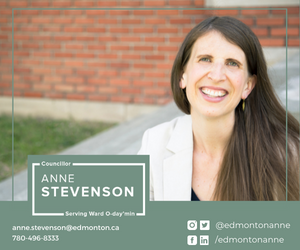Reflections on Wisdom
I don’t often match these columns about aging to the suggested theme for the paper. However, when wisdom was suggested I felt I should contribute something to the discussion. After all, in many traditional cultures, especially Aboriginal cultures, elders are seen as a source of wisdom. And therefore I thought as an older person I might have something to say about wisdom. I wondered why, in modern western culture, elders aren’t seen as sources of wisdom. And I also wondered exactly what wisdom is.
In my quest for information about wisdom I spoke with friends, searched the internet, and used reference books to glean information. In 1934, the poet T.S. Eliot wrote:
“Where is the wisdom we have lost in knowledge? Where is the knowledge we have lost in information?”
I thought that was a relatively wise comment very applicable 80 years later. Have we lost thoughtfulness and wisdom, in our quest for instant connectedness?
Wikipedia, always a quick source of information, defines wisdom as “the right use of knowledge.” Hmm, am I wiser for that definition? The Oxford Dictionary defines wisdom as “experience and knowledge together with the power of applying them critically or practically” or, as “the ability to discern or judge what is true, right, or lasting; insight , common sense, and finally as good judgment.” That is a bit more helpful.
The Oxford Dictionary of Modern Quotes had several very interesting quotes about wisdom. Bertrand Russell wrote:
“To conquer fear is the beginning of wisdom.”
I am not actually sure if that is correct. Think about teenagers skateboarding in the concrete jungle. Fearless, certainly. Making wise judgements – not so sure.
Robert Frost wrote:
“…a poem…begins in delight and ends in wisdom…the same as for love.”
A quick internet search yielded Henry David Thoreau:
“It is a characteristic of wisdom not to do desperate things.”
Several quotes were about the absence of wisdom. A British politician wrote: “(war) …will be due to the want of human wisdom.” Another said: “…we were wrong. We thought, because we had power, we had wisdom.”
Several of my friends suggested knowledge was wisdom. That is, if you had expert knowledge that conferred a kind of understanding or wisdom. My hairdresser talked about openness and being non-judgemental. Many others talked about experience and personal understanding. Some felt wisdom came from the application of personal first-hand experience when advising others.
New research shows the brain continues to change and grow as we age indicating that the emotional centre of the brain strengthens as we age and the ability to process emotion actually speeds up. Is this the wisdom of elders that has been acknowledged in other cultures? Or, is it experience, having lived through changes, having reared children, having experience with relationships that change over time? Does experience lead to wisdom? Is it surviving and thriving through difficult circumstances that make for wisdom?
As I reflected upon the nature of wisdom and all these various ideas, I came to the conclusion that wisdom is more about accepting the limitations of what we know. To give a few examples: previously, it was believed the brain was fully developed as a child. Also, the number of elements, i.e. the periodic table, was a lot shorter and considered complete. Both of these ideas were later proven wrong. Which leads to the question: What do we also “know” now that will be discovered to be wrong?
It seems to me, therefore, that wisdom means humility or as Socrates said:
“The only true wisdom is in knowing you know nothing.”





